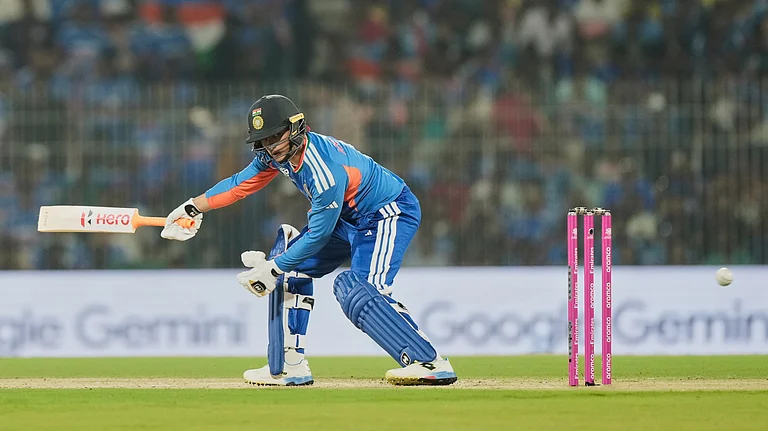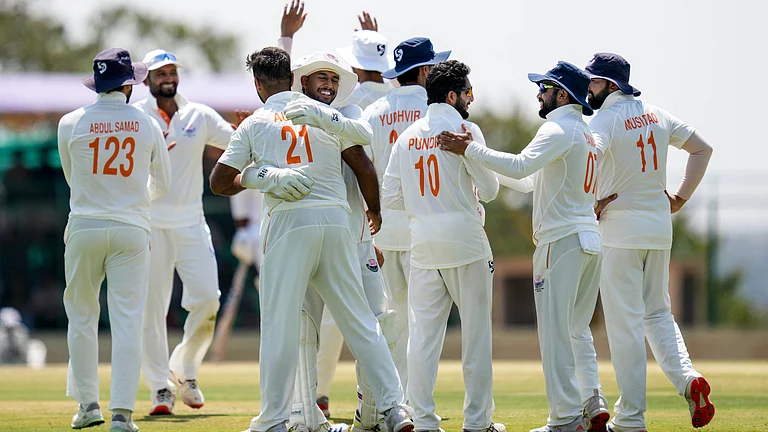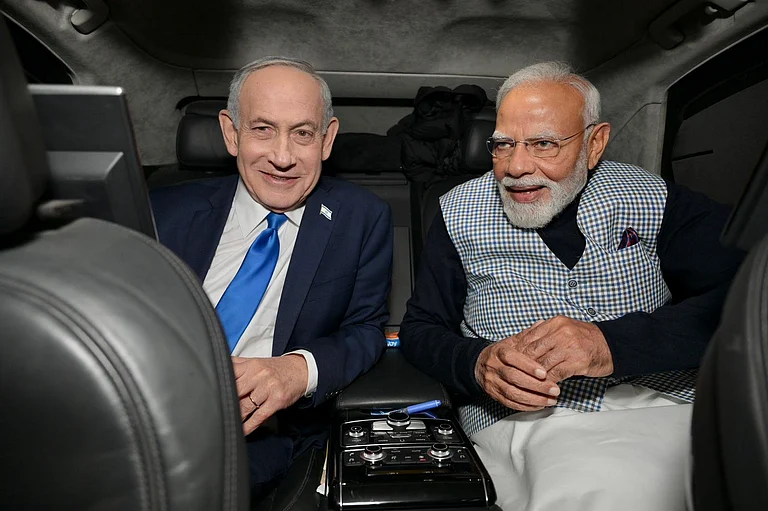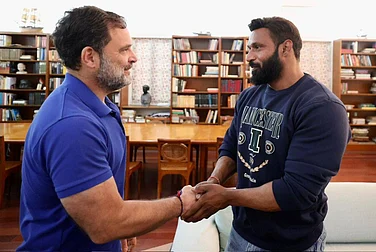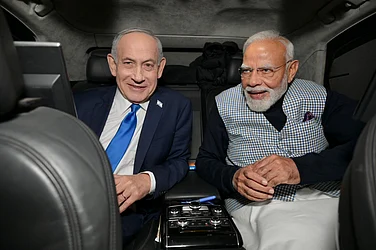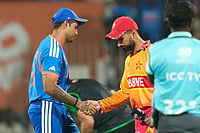Thousands of Indian students studying medicine in the Philippines are disappointed after the Delhi High Court refused to uphold the validity of their medical courses in a judgment on July 20.
Deprived by the new regulations enacted by the medical education regulator National Medical Commission (NMC) on November 18, 2021, some students had challenged it in the Delhi High Court.
They argued that since they took admissions before November 18, 2021, following all norms, the new regulations debarring them to appear in the Exit Exam in India should not apply to them.
However, the two-judge bench headed by Chief Justice Satish Chandra Sharma rejected their arguments on the ground that the National Medical Commission (Foreign Medical Graduate Licentiate) Regulations, 2021 has already been upheld by the Supreme Court in another matter.
The Supreme Court on May 2, 2022, while hearing a petition of a student who wanted to study medicine abroad, held that National Medical Commission (Foreign Medical Graduate Licentiate) Regulations, 2021 are a valid piece of legislation.
A section of legal experts is of the view that dismissal of the case in the Delhi High Court and approval of the regulations by the Supreme Court in another matter don’t mean the end of the road for Indian students in the Philippines.
Even some medical experts are of the view that students studying in the Philippines deserve relief as they went to pursue their medical courses as per the then existing norms and hence they are not at fault.
Lawyers, who appeared for the students say that their case is completely different from what was decided by the Supreme Court.
“Our contention is that any regulation cannot be implemented retrospectively. We don’t have any objection to the implementation of the regulation, however, those who have gone abroad before November 18, 2021, should be protected,” Viraj Kadam, a Delhi High Court lawyer appearing for students in the case said.
Shikhar Ranjan, former law officer of erstwhile regulator Medical Council of India, said, “Though the Supreme Court has upheld the regulations while hearing another case yet it doesn’t mean that it cannot be challenged afresh. These students have a new and valid ground to challenge the regulation and I am hopeful that they may succeed.”
But before approaching Supreme Court, Kadam wants to file a review petition in the Delhi High Court against its order as he feels that it has factual errors.
The bone of contention is one of the provisions of the regulation which says that any medical course offered abroad would be valid in India only if its minimum duration is 54 months. There was no such condition before November 18, 2021, when these students went abroad.
In the Philippines, medical education is offered in two parts - BS Biology is a course conducted for 18-24 months which is followed by the 48-month doctor of medicine (MD) course.
The NMC says that it will protect the interest of students who have taken admission in MD before the date of notification, ie, November 18, 2021, but those who were enrolled for BS Biology will not get any relief.
This means that a candidate who took admission in BS Biology before November 18, 2021, cannot become a doctor in India even if he completes the MD course because the duration of the course will be considered 48 months only.
NMC argues that BS Biology is equivalent to standard 12 in India and it is not a part of the MD course hence it will not recognise it. On the other hand, students say that without BS Biology they cannot do an MD course hence it is a part of the MD course and so the total duration of the course goes beyond 54 months.
The Delhi High Court relied on the Supreme Court judgement and said that it “does not find any reason to interfere with the said Regulations and is not inclined to grant any relief to the Petitioners.”
The court has recorded the argument of the NMC, which submitted, “The B.S. course in the Philippines is like a Senior Secondary School Certificate Examination (10+2), which is a qualifying examination that enables candidates to appear for NEET UG Examination in India.”
“NMC wrongly made the Honorable High Court believe that the B.S. course in the Philippines is like a Senior Secondary School Certificate Examination (10+2). This is factually incorrect. The B.S. course is equivalent to the graduation course in India. It is more evident as an Indian graduate is exempted from doing mandatory B.S. course in the Philippines before taking the National Medical Admission Test (NMAT), an entrance test required for taking admission to M.D. course,” Kadam said.
He added, “Thus, this understanding that the B.S. course is equivalent to a 10+2 course in India is misconceived. Marked as Annexure P-3 is the B.S. results of the petitioners that show it is not a 10+2 course but it is an undergraduate B.Sc. course.”
Anuj Goel from an education consultancy firm, Get My University, says that they helped many such students to get admission to the Philippines and now we are fighting to get justice for these students.
“My question to the government, NMC and courts are, “What is the fault of these about 10,000 students?” They went abroad complying with all existing norms and now their whole career is in the mess. Who is responsible for that? By all means, they deserve relief from the NMC.”







